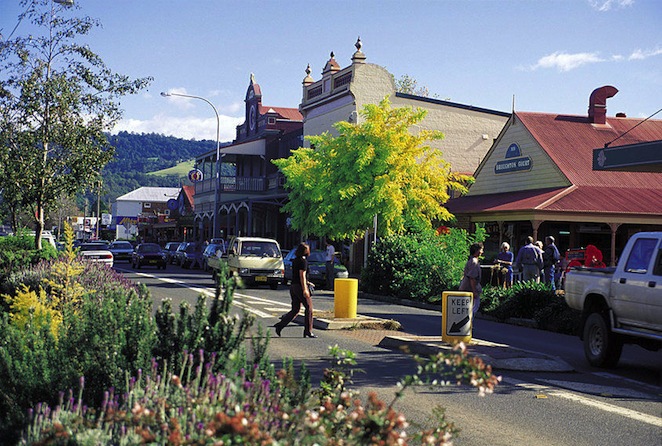Ireland
Find Eduxpress Programmes
As far back as 500 AD, Ireland, and its monks and monasteries, were at the centre of learning in Europe, earning Ireland the title Land of Saints and Scholars. In 1592, Trinity College Dublin received its charter and university status. National University of Ireland Maynooth dates back to 1795, and the universities in Galway and Cork were both founded in 1845.
Ireland's history has engendered a deep appreciation and respect for learning, and, today, educational attainment rates are among the highest in the world. Over 85 per cent of young people complete secondary level education, and over two-thirds of those go on to higher level education. Ireland is ranked first in Europe in terms of graduates per 1,000 inhabitants.
Government investment in world class facilities build on a lengthy tradition of academic excellence. Today, there are seven universities, 14 Institutes of Technology and many other world-leading education and research centres, housed in state-of-the-art facilities on beautiful campuses
Irish research ranks within the top one per cent globally in 18 research fields, and all of the country's universities are in the top 3 per cent worldwide. Students from 160 countries study in Ireland and make up 12 per cent of the student population.
It's important to remember that the method of applying to an Irish higher education institution depends on whether you are an EU student or a non-EU student. Your status is determined by your application and cannot be changed after first year registration.
If you are applying to study in Ireland as an EU citizen, you apply for all undergraduate courses through the Central Applications Office (CAO), unless otherwise stated. All non-EU citizens must apply directly to the higher education institutions in Ireland.
Let's take a closer look at the average tuition and living expenses in Ireland:
At Irish universities, tuition fees depend on your nationality, degree type, and the academic discipline.
no tuition (free) for Bachelor's degrees
3,000–30,000 EUR/year for Master's degrees
9,950–35,000 EUR/year for Master's degrees
The highest tuition fees are at private universities; these institutions might not make any difference between EU/EEA and non-EU/EEA citizens.
You can also check out scholarships for international students in Ireland.
Depending on your budget and spending habits, you should be able to live in Ireland with 550–1,000 EUR per month in most towns. Larger cities, like Dublin, cat take your budget to 1,500–1,800 EUR per month.
Here's a breakdown of the average living expenses:
Ireland was inhabited as early as 8,000 BC. Its early Brehon Law system was highly sophisticated, and when Europe entered the Dark Ages, Ireland's monasteries remained a beacon of culture and learning throughout the continent. However, Ireland was to face its own dark times, first with the Viking and then the Anglo-Norman invasions. Ireland's darkest era, the Great Famine of 1845-49, saw over a million die and another million emigrate, sowing the first seeds of the Irish Diaspora.
The early 1900s saw a doomed uprising in 1916; a war of independence and the signing of the Anglo-Irish treaty. This treaty ended British rule in 26 of the 32 counties and established an Irish Free State. In 1937, a new constitution re-established the Irish Free State as Ireland, and in 1949, Ireland was declared a Republic.
In Northern Ireland, the initially peaceful civil rights marches of the 1960s were followed by several decades of violence. However, in 1998, a peace-plan was agreed by all parties; organisations on all sides lay down their arms, and Northern Ireland is now at peace. In 2013, the Global Peace Index ranked the Republic of Ireland the 12th most peaceful nation on earth.
Punching well above its weight on the international stage, Ireland's distinctive historical circumstances combine with its unique position as a European post-colonial state, its neutrality and its trusted partner status in so many conflict zones to ensure a sustained and valuable impact. Today Ireland is recognised as a global leader (both academically and in practice) in the fields of international relations & law, peace and conflict studies, human rights and development.
The Republic of Ireland is also one of the most globalised economies in the world, according to a 2013 index produced by Ernst and Young in collaboration with the Economist Intelligence Unit. Since the 1970s, Ireland has evolved from a largely agrarian society to become a major player in the international software, food, pharmaceutical and medical technology industries.
In the wake of a major financial contraction over the period of 2008-10, the Irish government has implemented a series of tough reforms. Having shaken off the excesses of the 'Celtic Tiger' boom-years, the economy returned to growth in 2011, and all indicators are for steady, if modest, growth for the years to come.



